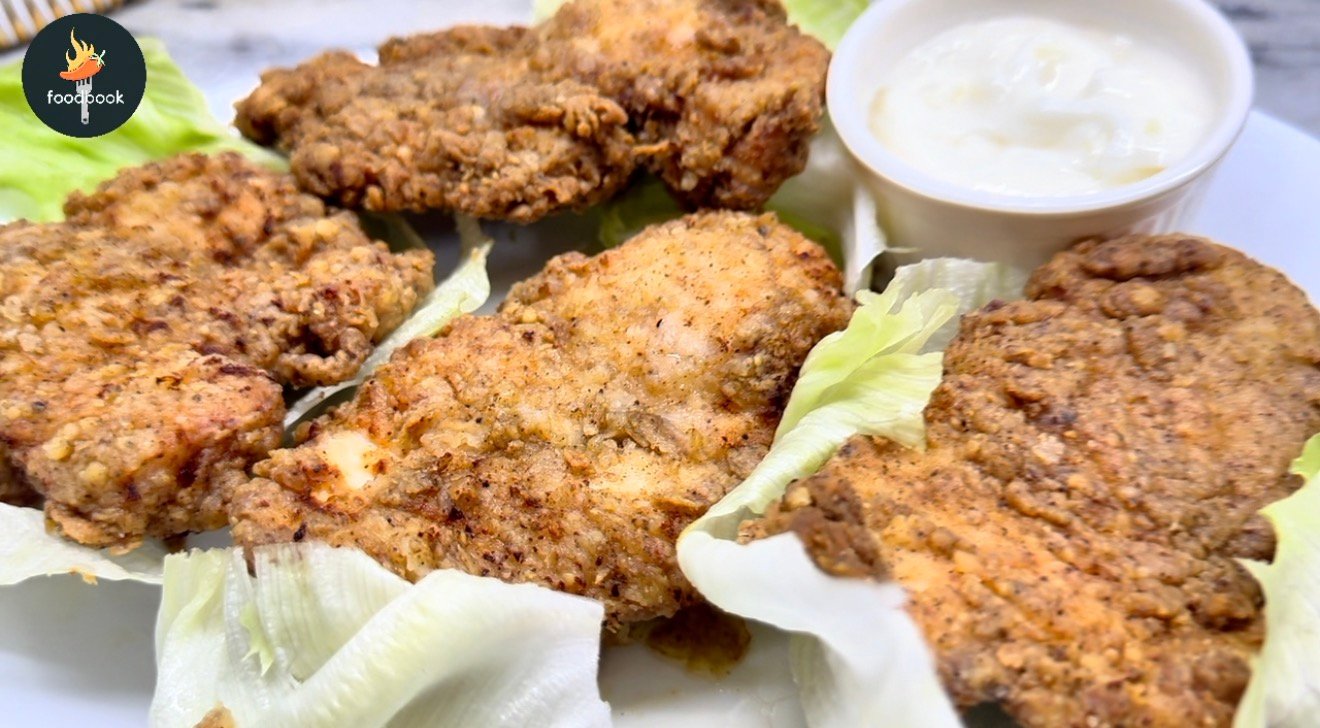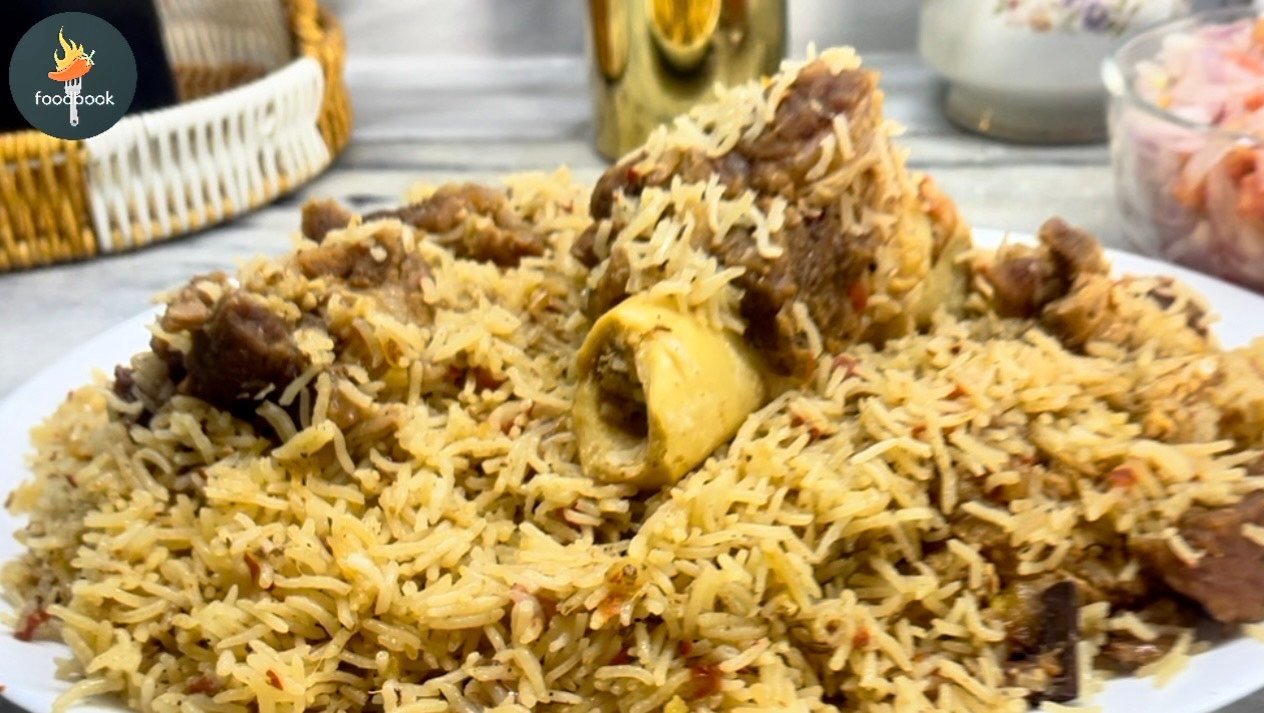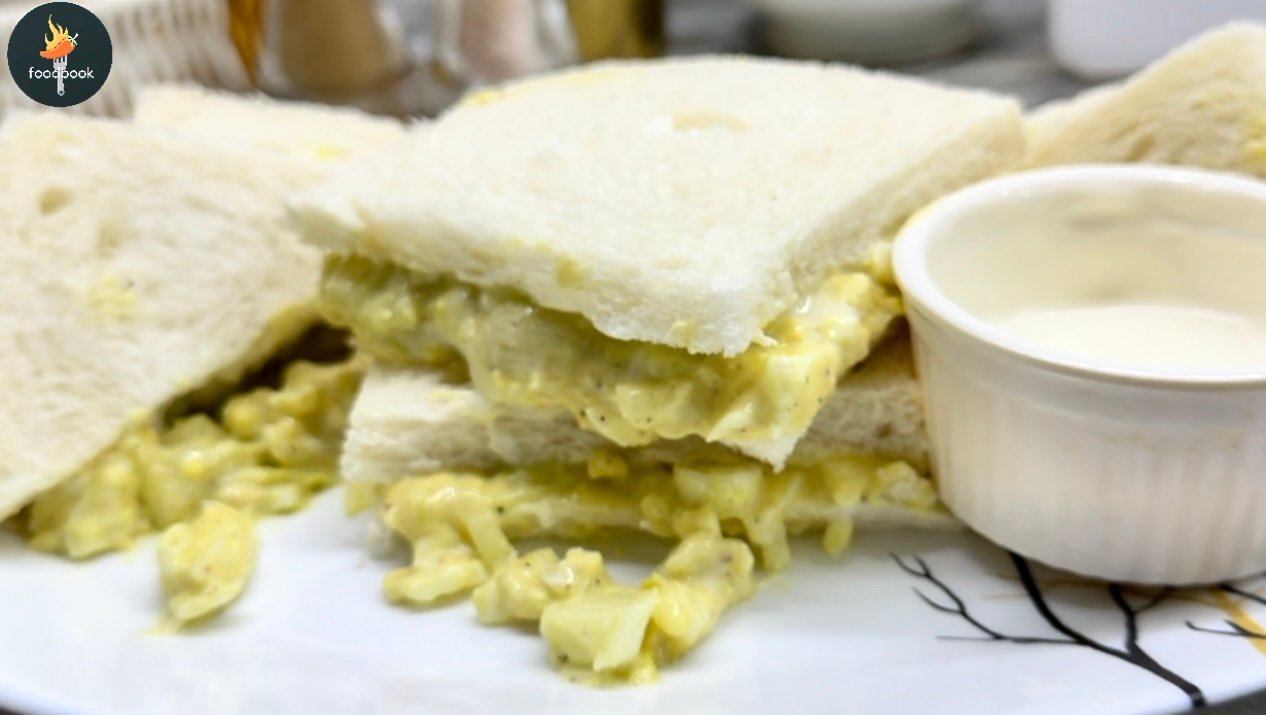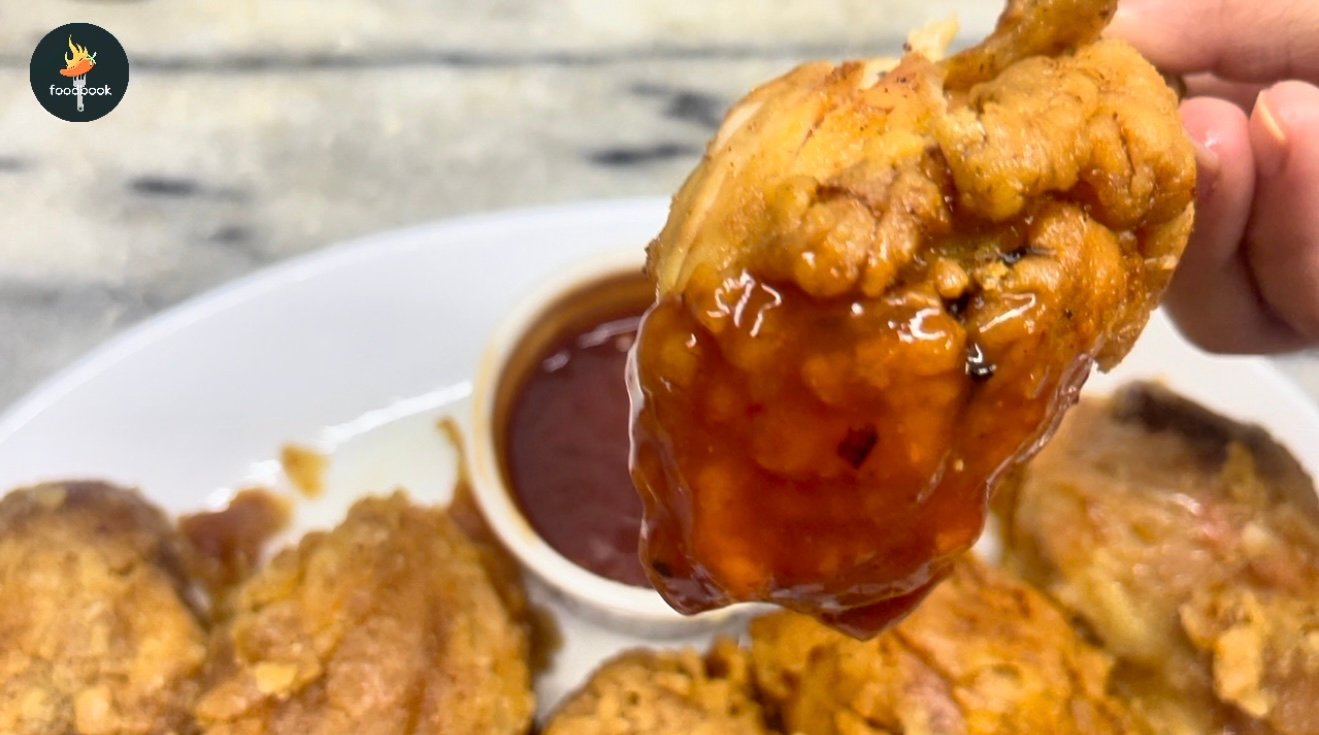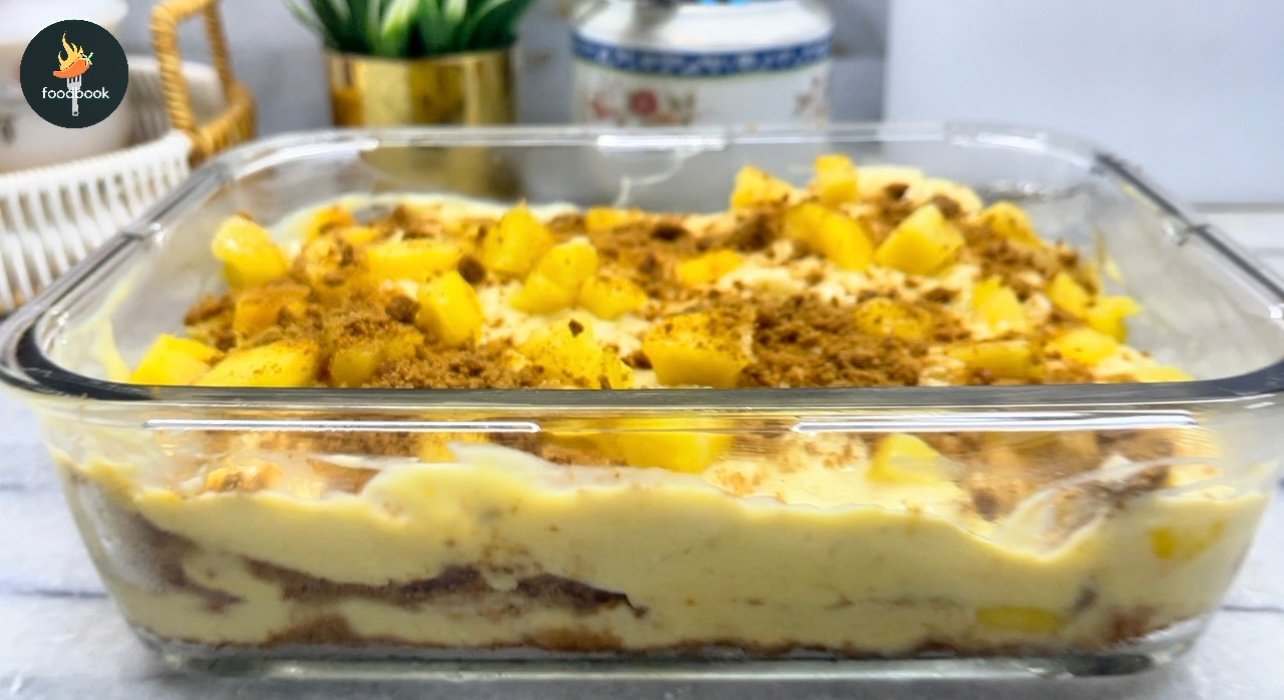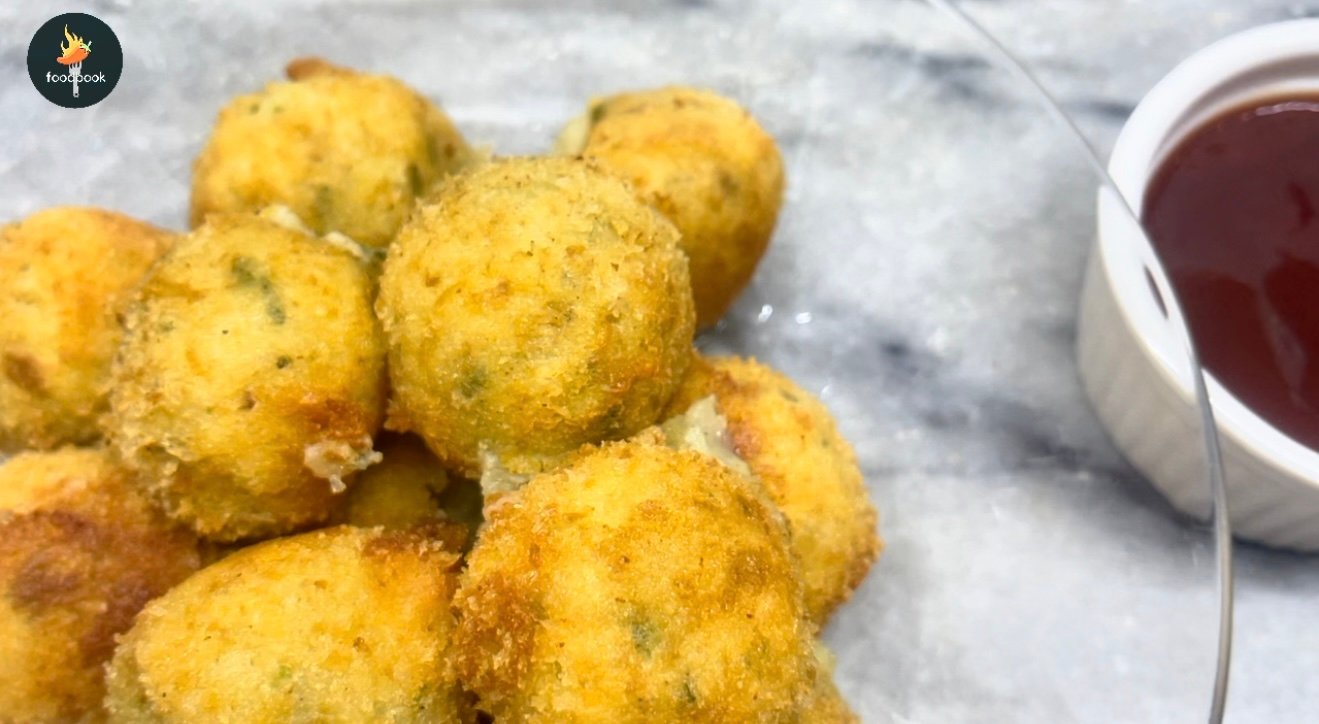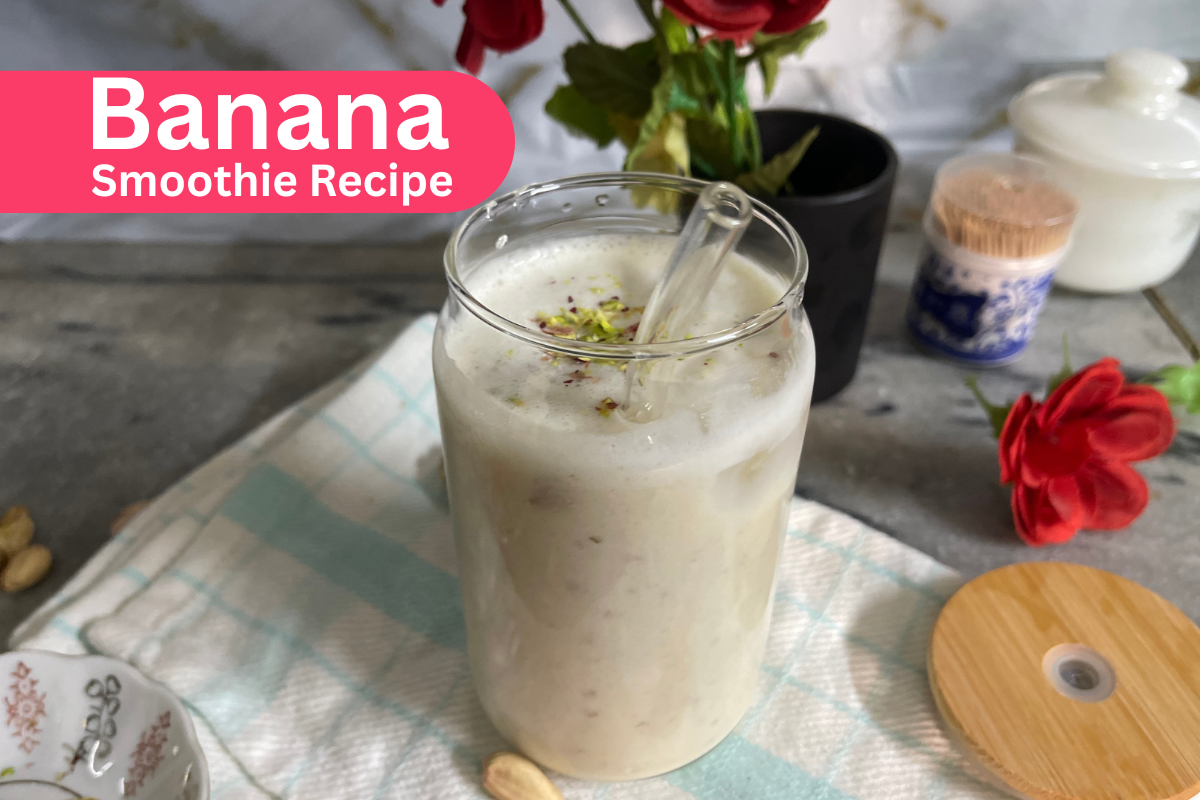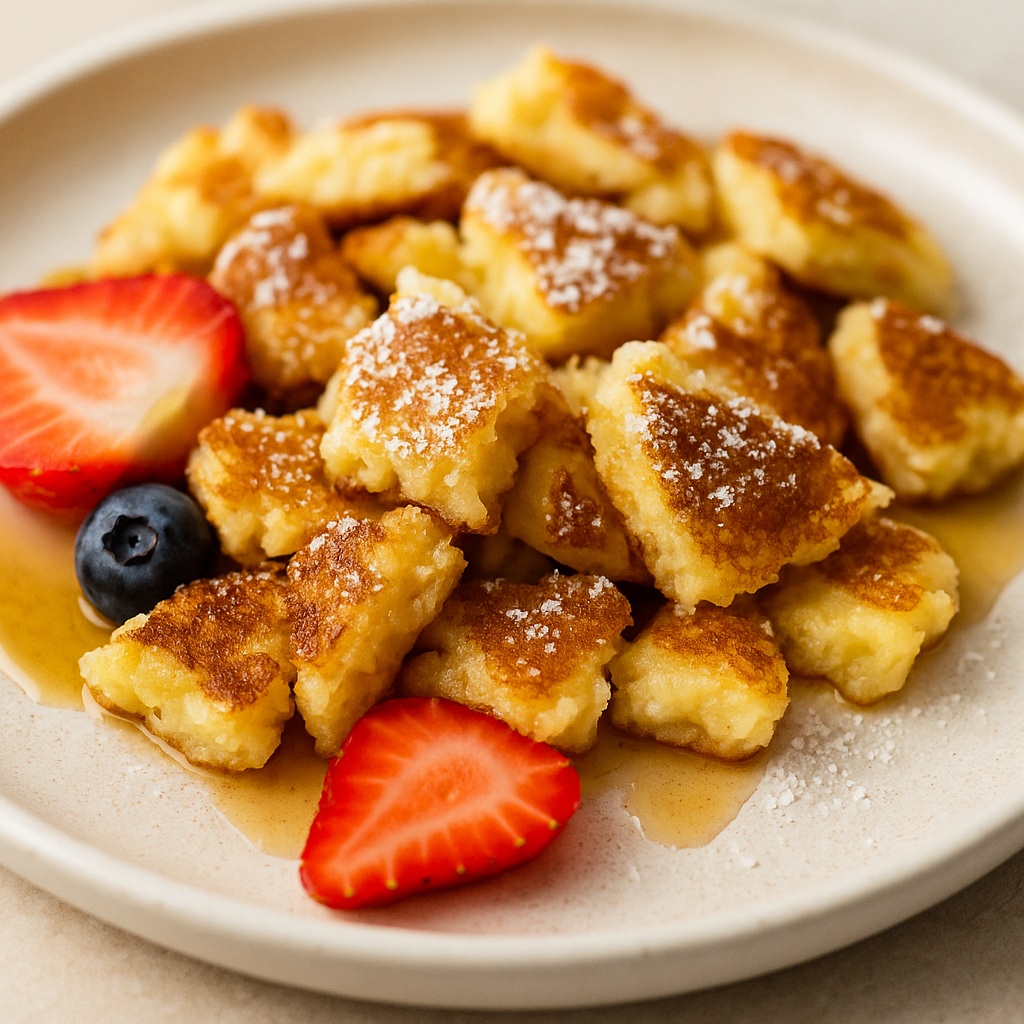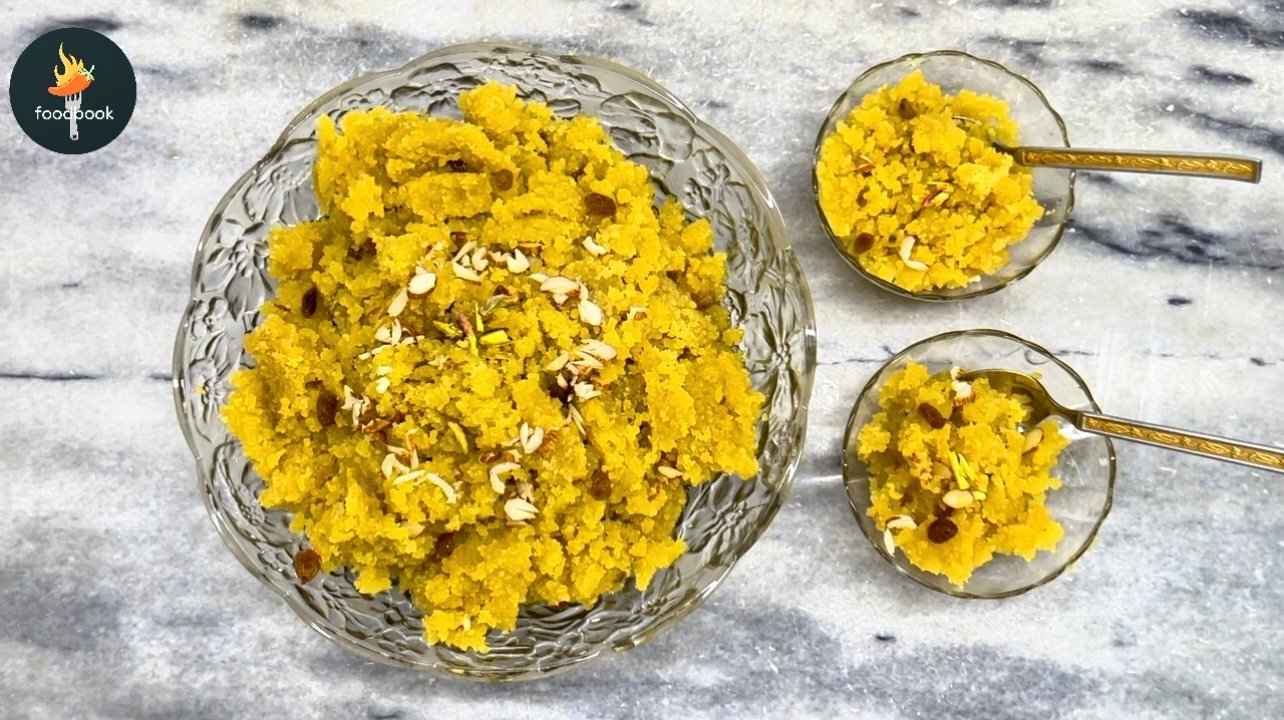Mughlai cuisine is known for its royal flavors, aromatic spices, and indulgent textures — and Mughlai Beef Korma is one of the crown jewels. This dish isn’t just food; it’s an experience passed down through generations, often reserved for Eid feasts, weddings, and special family dinners.
With tender beef, creamy yogurt, nuts, and a symphony of ground spices, this beef korma brings together the richness of Mughlai heritage and the comforting depth of Pakistani home cooking. Serve it with naan or basmati rice, and you’ve got a complete celebration on your plate.
Why This Mughlai Beef Korma Is a Must-Try
If you’re craving something deeply flavorful and comforting, this recipe delivers:
- Meltingly tender beef, pressure-cooked for fast yet flavorful results
- Layered spice profile including garam masala, black pepper, turmeric, and kachri for authentic Mughlai warmth
- Creamy, nutty texture from yogurt, almonds, pistachios, and coconut powder
- Perfect for festive dinners, Dawats, or Sunday cooking
This is not your everyday curry — it’s a showstopper dish that impresses with every bite.
Mughlai Beef Korma Recipe
Servings: 4–6 people
Prep Time: 15 minutes
Cook Time: 40–50 minutes
Cuisine: Mughlai / Pakistani
Difficulty: Medium
Ingredients:
- 2 kg beef, cut into small pieces
- 2 ladles oil (approx. ¼ cup)
- 2 medium onions, chopped
- 6–7 medium tomatoes, chopped
- 2 cloves garlic, minced
- 2 tbsp ginger, chopped
- 2 tbsp coconut powder
- 12–15 almonds
- 12–15 pistachios (reserve some for garnish)
- 1½ tsp salt
- 1 tsp red chili powder
- ¼ tsp turmeric
- 1 tsp dried coriander
- ½ tsp kachri powder (for tenderizing and flavor)
- 1 tsp garam masala
- ¼ tsp black pepper
- 250g yogurt
- 200ml full cream
- 2½ glasses water (about 625 ml)
Step-by-Step Instructions
1. Sauté Aromatics
In a large pressure cooker or heavy-bottomed pot, heat oil on medium heat. Add chopped onions, garlic, and ginger. Sauté for about 5 minutes or until the onions begin to turn golden.
2. Cook the Beef
Add the beef pieces and stir on high flame until the meat is sealed and changes color — about 6–7 minutes.
3. Add Tomatoes and Spices
Add chopped tomatoes, salt, red chili, turmeric, coriander, black pepper, kachri powder, and garam masala. Cook for 2–3 minutes until the tomatoes soften and release their juices.
4. Pressure Cook
Pour in the water, give it a good stir, then seal the pressure cooker. Cook for 20–25 minutes (or until the beef is tender). If using a pot, cover and simmer for 45–60 minutes until meat is soft.
5. Add Yogurt and Nut Mix
Once pressure is released, open the lid. Add yogurt, ground almonds, and coconut powder. Mix well and cook uncovered for another 3–5 minutes, allowing the flavors to blend and sauce to thicken.
6. Finish with Cream
Stir in full cream, simmer for another minute, then turn off the heat. The gravy should be rich, thick, and glossy.
7. Garnish and Serve
Top with sliced pistachios, chopped fresh coriander, and green chilies if desired. Serve hot with naan, sheermal, paratha, or steamed rice.
Tips for the Best Mughlai Beef Korma
- Choose tender cuts of beef (like boneless shoulder or brisket) for juicier results.
- If you don’t have kachri powder, add a small spoon of meat tenderizer or raw papaya paste.
- For a deeper flavor, toast the almonds and pistachios before grinding.
- Add saffron strands or kewra water for a more royal aroma.
- Make a day ahead — the flavors deepen overnight!
What to Serve with Mughlai Beef Korma
Pair this luxurious dish with:
- Garlic naan or tandoori roti
- Jeera rice or saffron rice
- Mint raita and onion salad for a refreshing contrast
- Zarda or Kheer to complete a traditional Mughlai meal
Final Thoughts of Mughlai Beef Korma
If you’re looking to bring bold, comforting flavors to your table, this Mughlai Beef Korma is your answer. It combines slow-cooked richness with aromatic spices and creamy texture — a timeless dish that truly lives up to its royal roots.
Want more festive recipes like this? Check out our Bannu Beef Pulao, Namkeen Gosht, and Traditional Kheer for a complete desi dawat menu.



